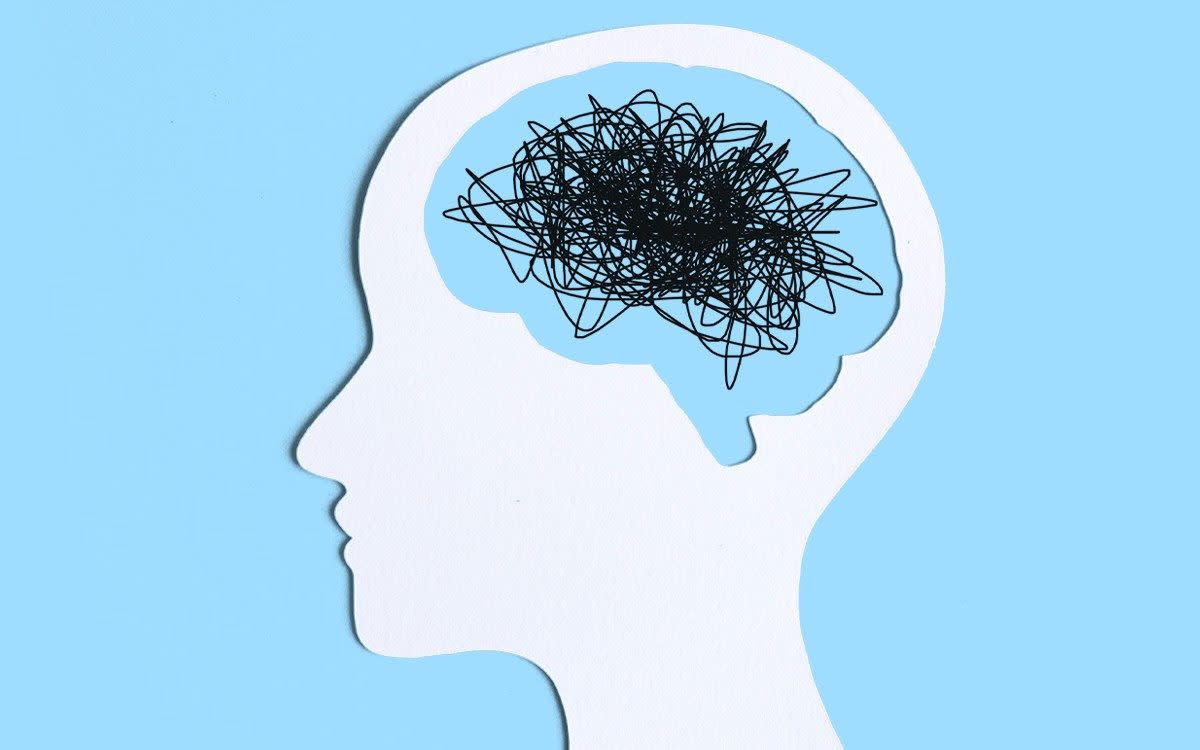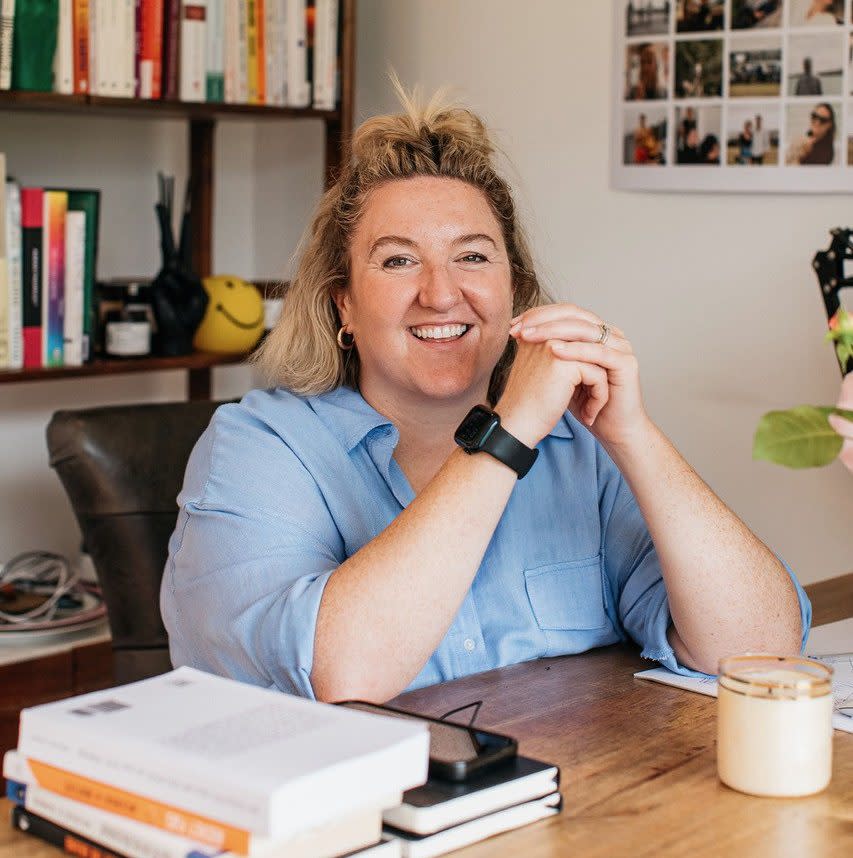The truth about ADHD: separating fact from fiction

Over the last few decades there has been an exponential rise in the number of people being diagnosed and diagnosing themselves with ADHD. Between 2021 and 2022 there was a 20.4 per cent increase in patients who were prescribed at least one drug for ADHD, according to the NHS Business Services Authority. We talked to the experts to find out more about the telltale signs of ADHD that only a medical practitioner could spot.
You don’t ‘develop’ ADHD late in life
Prof Anthony David, the director of UCL Institute of Mental Health, says ADHD is a condition that would have been evident from very early on and wouldn’t be something that would only become apparent later in adulthood. “The key issue about neurodevelopment is the evolution of symptoms or problems from the earliest age,” he notes.
Self-diagnosis is not an overnight thing
Amanda Perry, an ADHD coach, says: “No one is going to put themselves on a five year waiting list, or pay over £1,000 for an assessment without a valid reason for doing so.” Self-diagnosis is usually the result of months, if not years of research, being too scared to speak to anyone, asking questions, doing online quizzes – and then finally being confident you have your answer, Perry says. “Only then do you consider your next steps or route to diagnosis.”

A diagnosis doesn’t rewrite history
A person’s life and their recollection of it may, as Elizabeth II once said, vary, which is why it really helps to get a professional opinion when it comes to ADHD.
“One issue is that people may look back on their life and to some extent ‘re-write history’ so that they can say to themselves that yes, they did have similar problems all their life but no one ever noticed. An experienced clinician will be able to form a fair and objective view on this that the individual themselves cannot,” Prof David says.
ADHD is genetic and inheritable
Many adults only realise that they may have ADHD after having one of their children diagnosed. Kathleen Nadeau, founder and clinical director of the Chesapeake ADHD Center of Maryland in the US and author of Still Distracted After All These Years, a guide for adults with ADHD, says that ADHD is heritable. “An older adult with ADHD is highly likely to have family members in younger generations who have been diagnosed with ADHD because awareness has grown so much over the past 50 years. So although the older adult and their peers are unlikely to have been diagnosed, it’s probable that younger family members have.”

Self-shaming can be overcome
“A central, overarching issue for those living with ADHD is the self-blame and outright self-loathing that many engage in,” Nadeau says. “A therapist works to help reframe your failures and mistakes through a lens of self-understanding and compassion. ADHD isn’t the result of character flaws; it’s the result of neurophysiological differences in the brain. This change in thinking shifts the inquiry from ‘Why am I such a failure?’ to ‘How can I improve my cognitive functioning?’”
‘Disorder’ is a misnomer
The word “disorder” is misleading and, arguably, quite insulting too.
“Different neurotypes, such as ADHD, do often come with challenges – but those challenges do not have to result in poor life chances, educational underachievement or dependency,” says Dr Tony Lloyd, chief executive of the ADHD Foundation, the largest patient-led ADHD agency in Europe.
“People self-identify because they have sought information as to why they are struggling in some way. That does not mean they want a clinician to tell them formally that there is something ‘wrong’ with them.”

A diagnosis can be life-changing
“I think it can be hugely validating to have a formal diagnosis for ADHD: life-changing, in fact,” says Perry. “Yet the sad truth is that unless you have the money to go private, you are likely to be waiting in excess of five years for that diagnosis.”
People with what would typically be classed as having lower support needs, such as poor organisation or high levels of impulsivity, may have been just about managing their ADHD for years, says Perry.
“Whereas individuals with higher support needs may have – very generally speaking – had their ADHD picked up earlier in life. So we are actually just looking for an answer to why we feel different, and then an understanding of how we can make life easier going forward – through support, medication, community and so on.”
It is actually pretty simple, says Perry.
“We just want to raise awareness and understanding of ADHD, and fight for the people who find it harder to get that support, to ensure we are the last generation that have to fight at all.”
Recommended
This is what it feels like to have ADHD (brace yourself)

